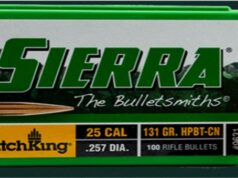Treatment options are straightforward and will depend on the type of GVHD you have, which parts of your body are affected, and the disease’s severity.
Acute GVHD Treatment
If your symptoms are mild, treatment can be simple. “If only the skin is affected and this affection is limited, patients can use a steroid topical treatment like a cream or ointment,” says Dr. Ponce.
- prednisone
- methylprednisolone
- dexamethasone
- beclomethasone
- budesonide
If steroids don’t work, your doctor may prescribe another type of immune system-suppressing medication known as ruxolitinib. Otherwise, your doctor may choose to prescribe a different medication for off-label use, Levine says. Off-label drug use happens when physicians prescribe a medication for an indication not yet approved by the U.S. Food and Drug Administration.
Chronic GVHD Treatment
As with acute GVHD, mild cases of chronic GVHD that affect a single organ can be treated with local therapies, such as a steroid skin cream or steroid eye drops.
If you have more severe symptoms, or more organs are affected, you may be treated with systemic corticosteroid medications, such as prednisone.
If you don’t respond to steroid treatment, your doctor can prescribe another type of immunosuppressant, such as:
- ruxolitinib
- belumosudil
- ibrutinib
It’s also possible to seek treatment through clinical trials, adds Holtan. Researchers continue to look into other GVHD treatment options that can replace steroids, since steroids suppress your immune system and can make you more susceptible to infections or illnesses when taken for long periods of time.









